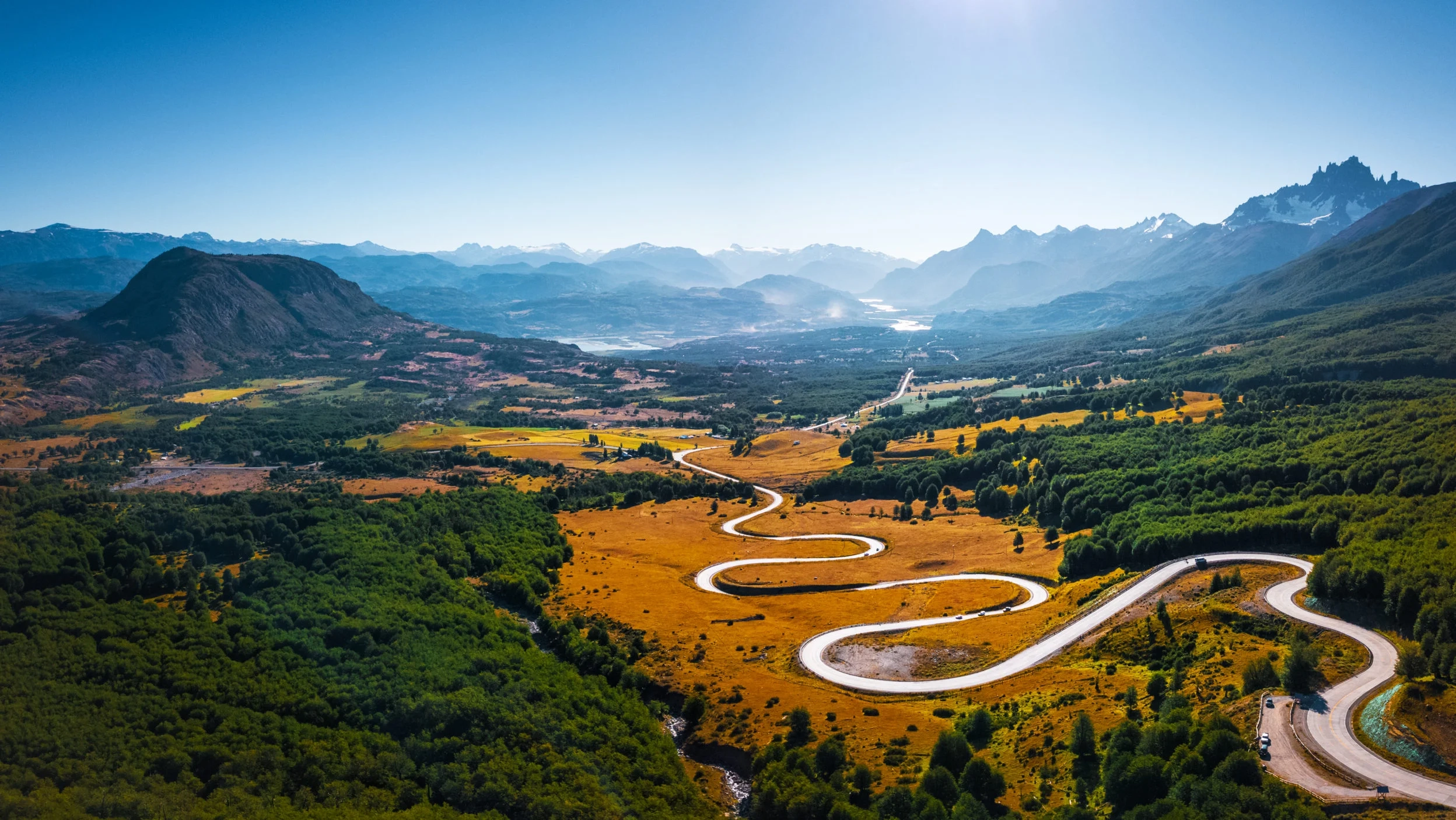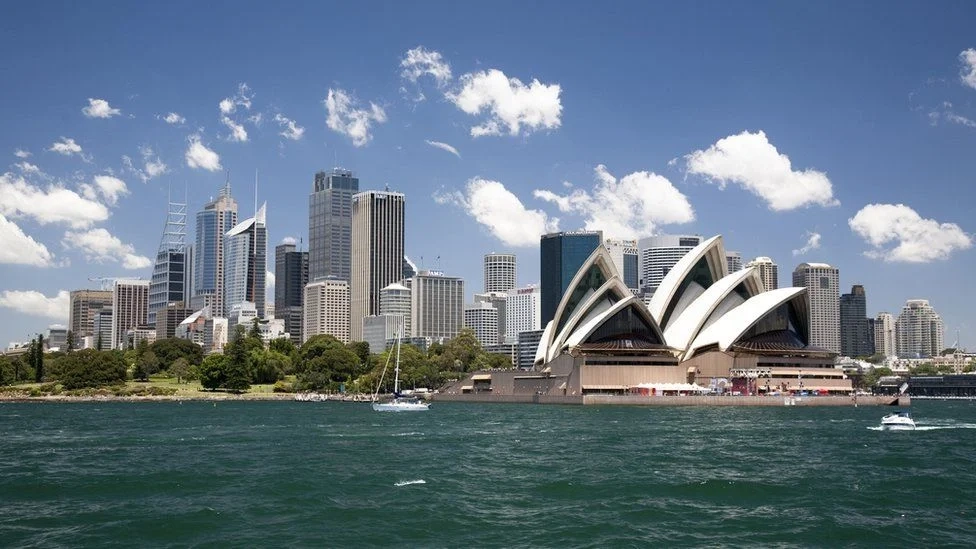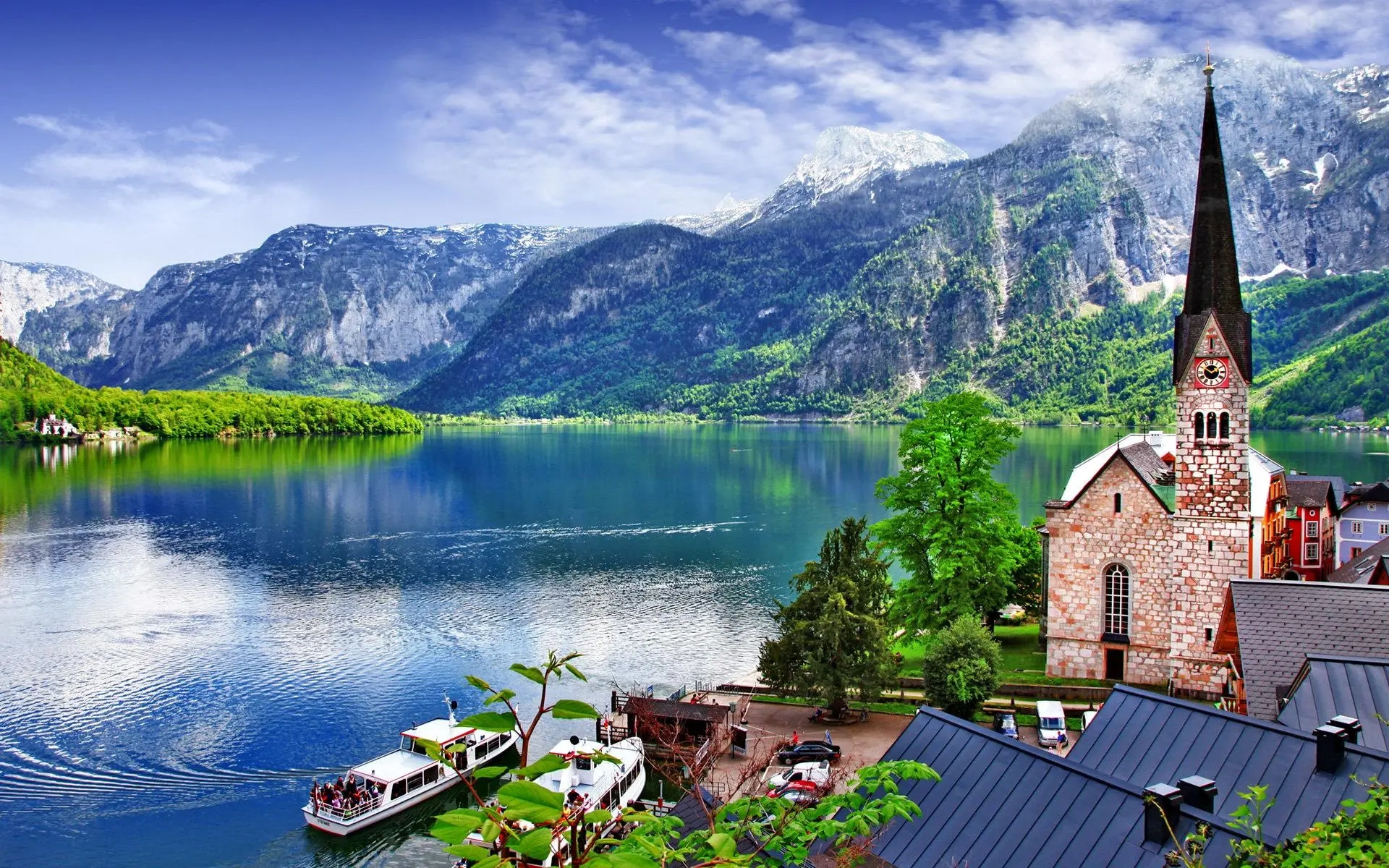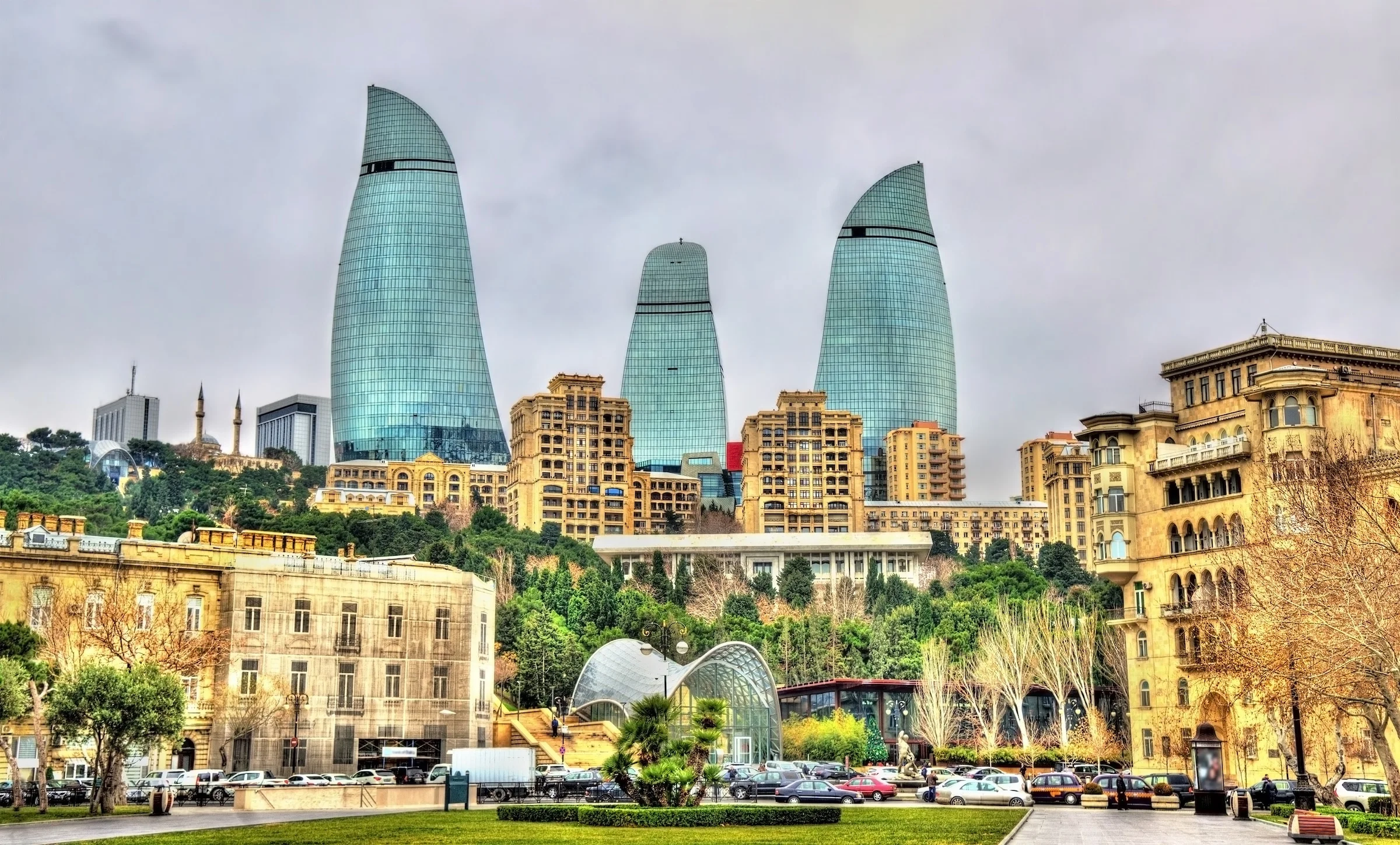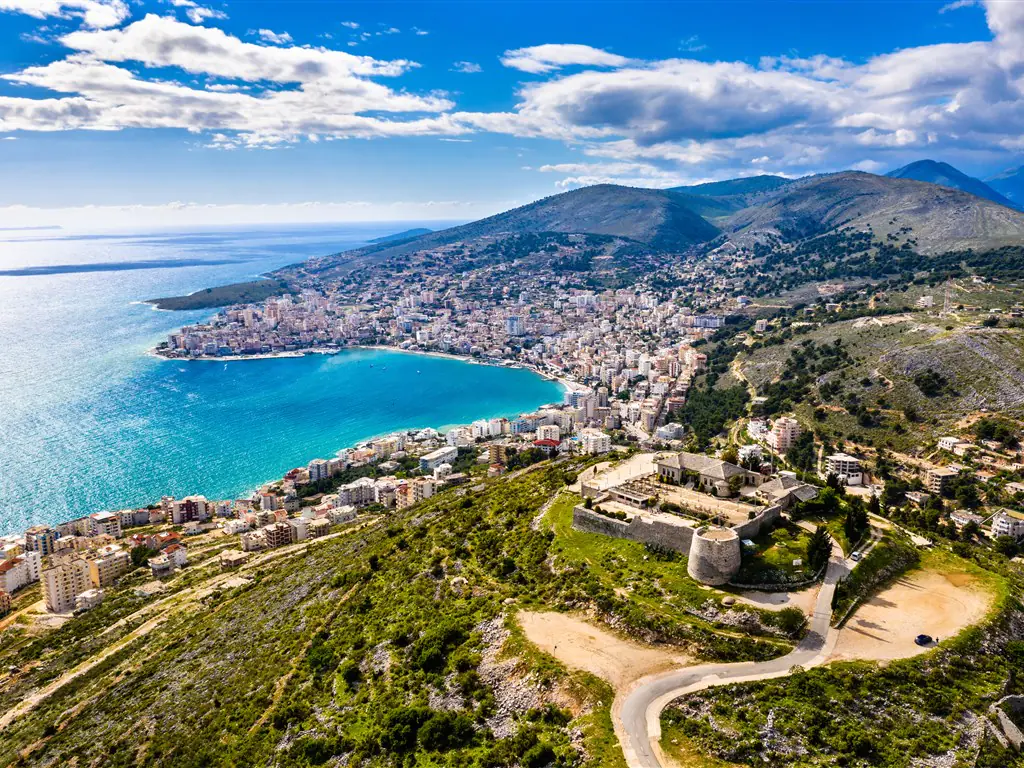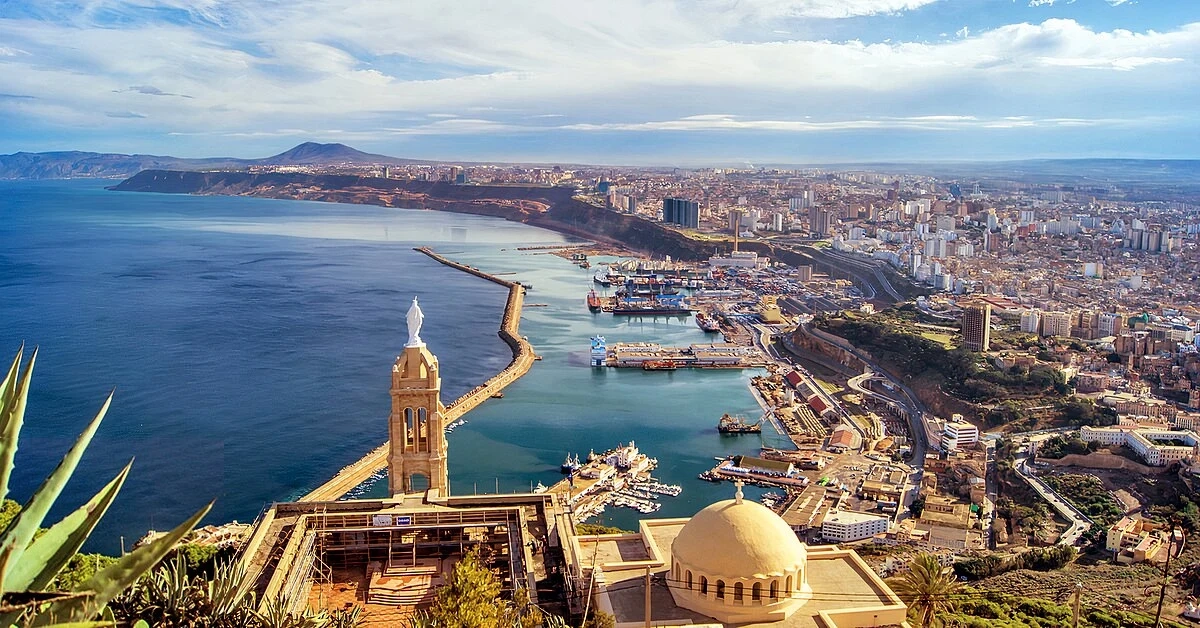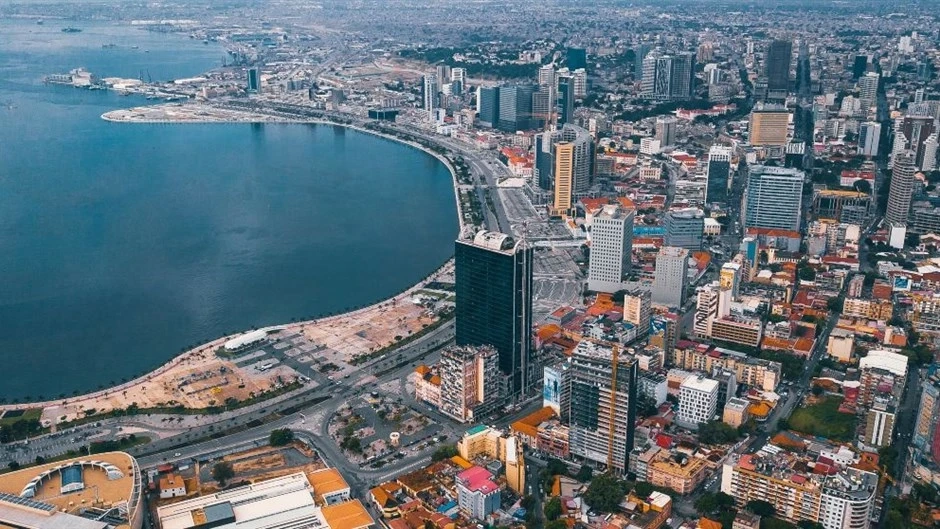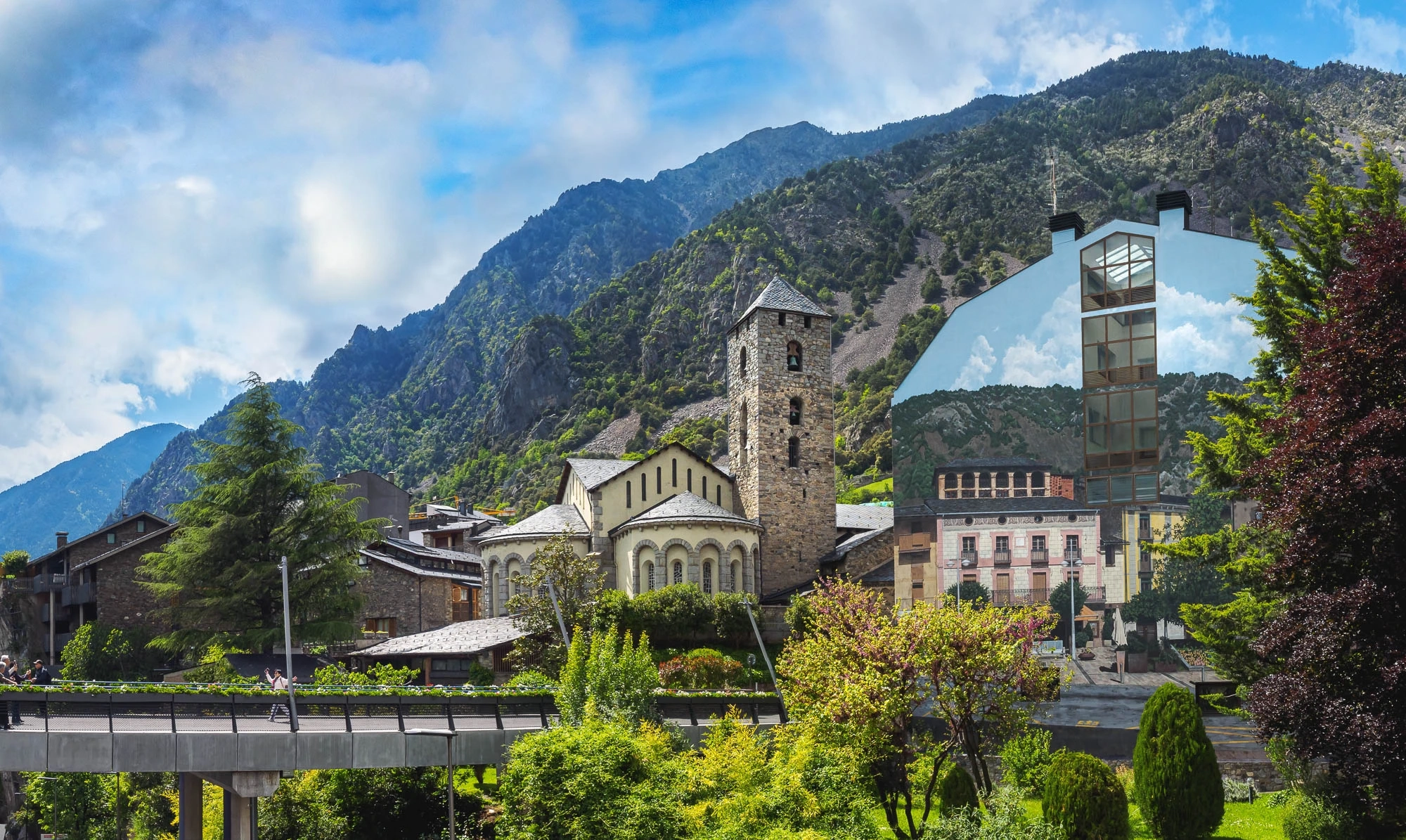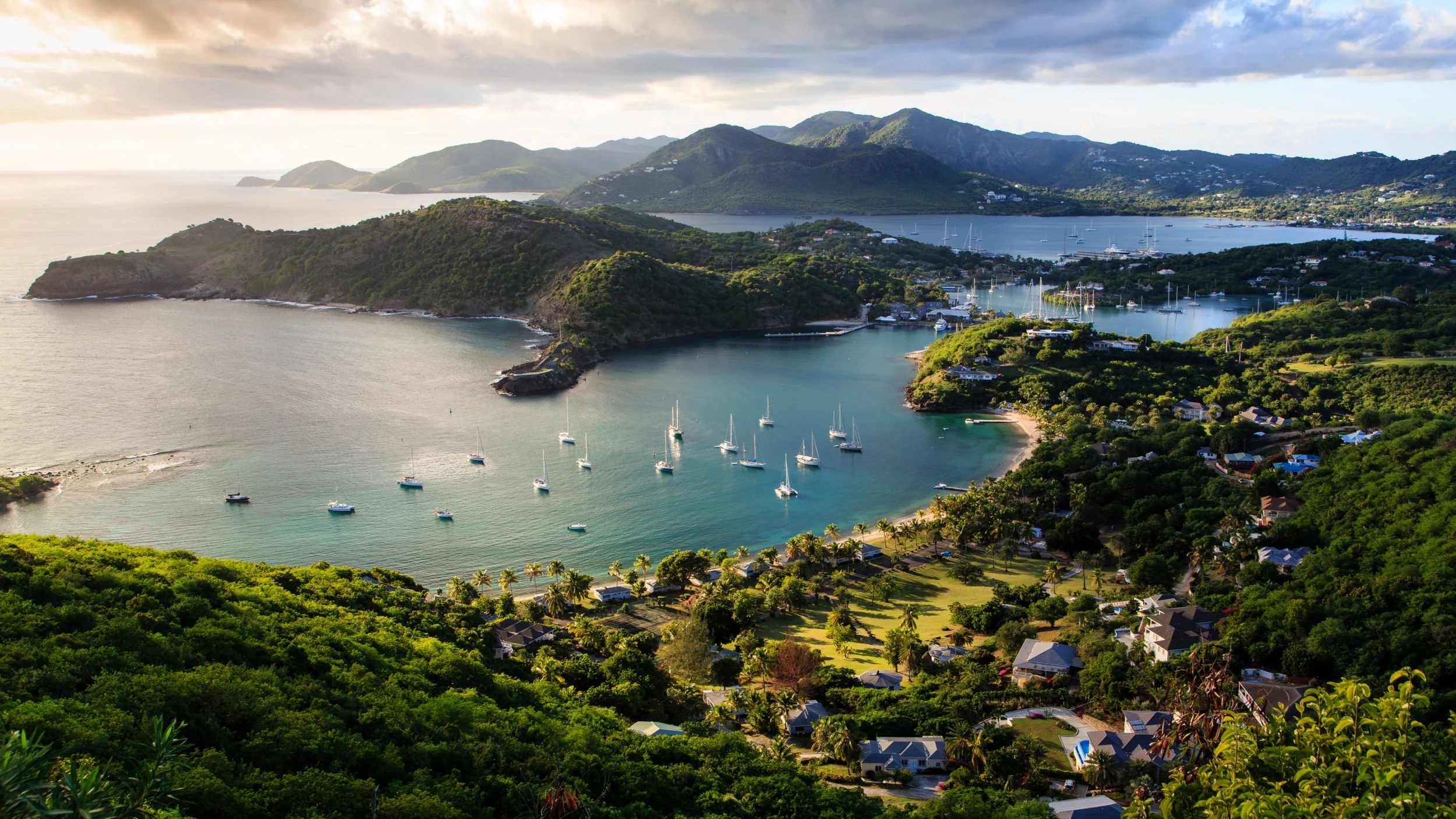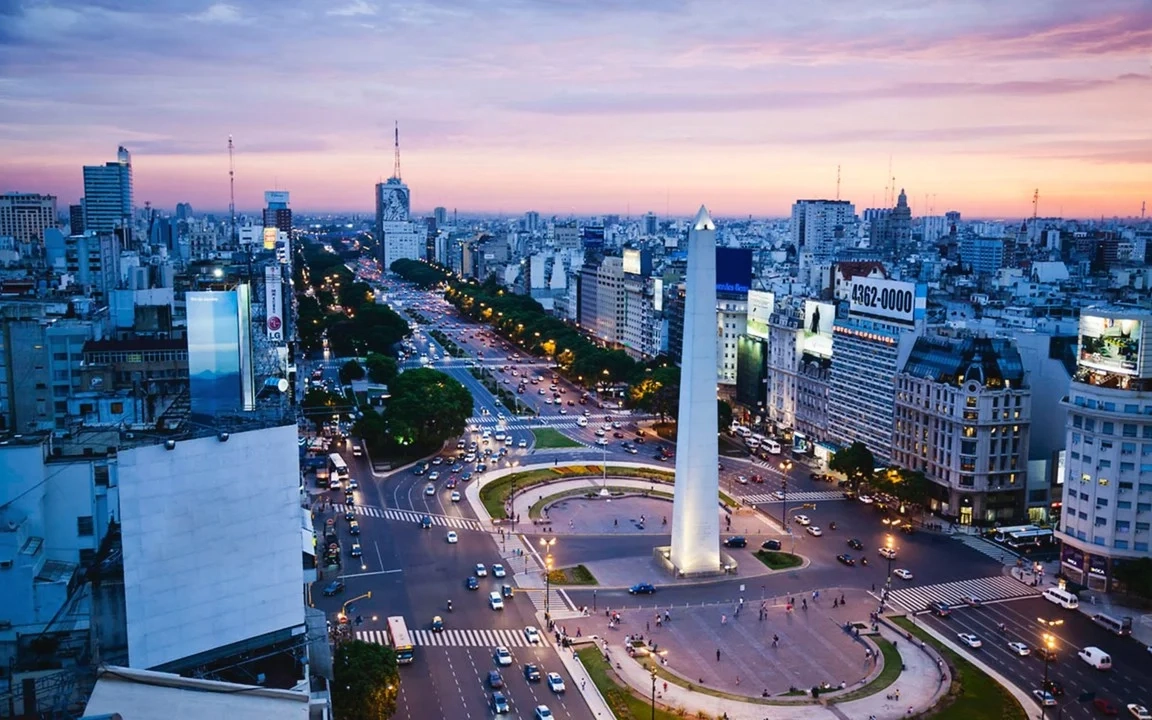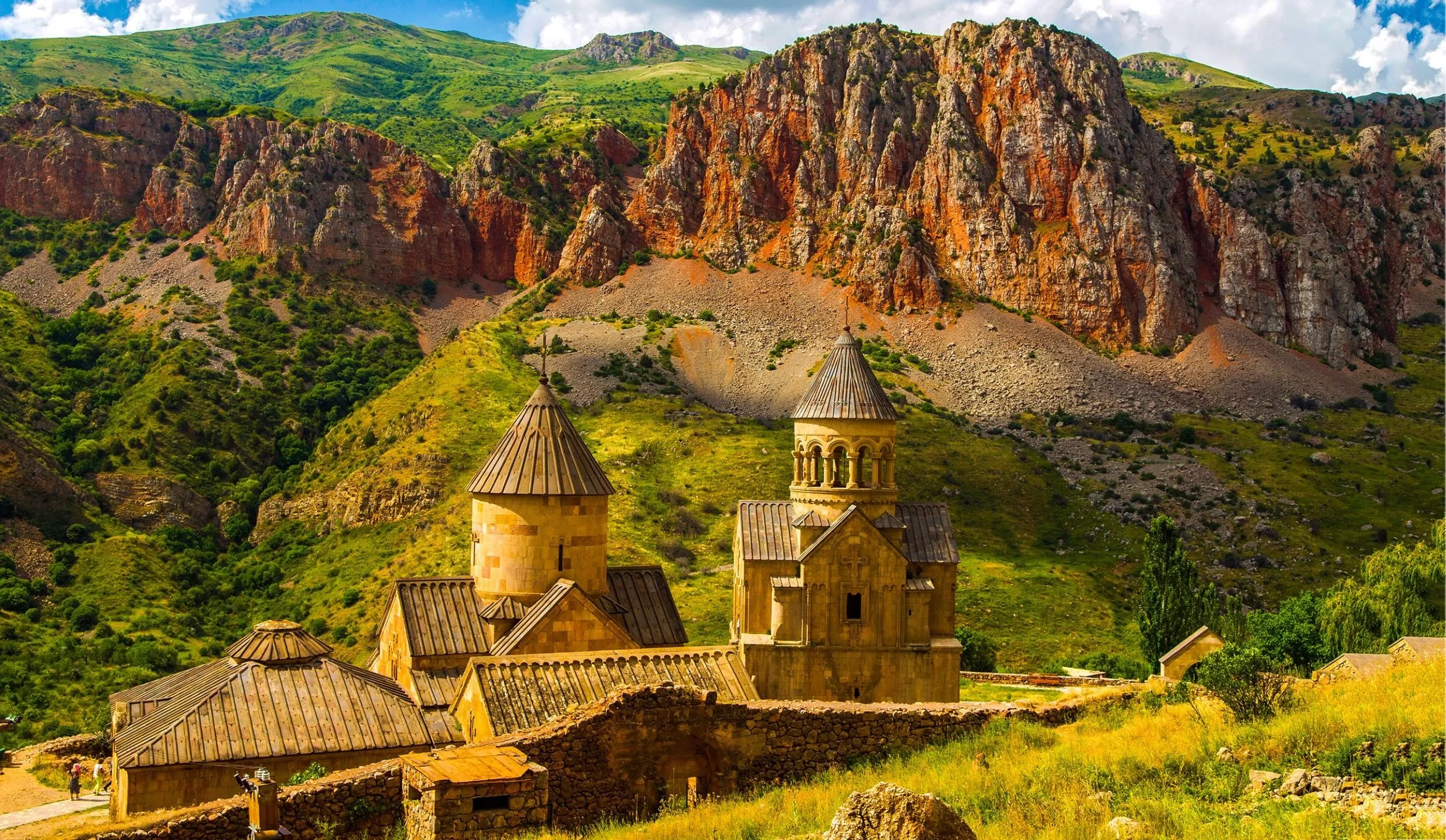1. Cost of Living:
Rent: Rental costs vary by location. In Santiago, the capital, a one-bedroom apartment in the city center might range from $500 to $800 per month, while outside the city center, it could be around $400 to $600 per month.
Utilities: Monthly utilities for a standard apartment can cost approximately $70 to $120.
Groceries: Monthly grocery costs for a single person might average around $200 to $300, depending on lifestyle and dietary choices.
2. Healthcare: Chile has a public healthcare system (FONASA) that immigrants with permanent residency may access. Many expatriates opt for private health insurance, with costs varying based on coverage. Monthly premiums might range from $50 to $150.
3. Transportation: Public transportation is affordable. A single metro or bus fare is around $1. In Santiago, a monthly transportation pass might cost approximately $40. Taxis and rideshare services are available, with fares starting at around $5.
4. Food: Dining out at mid-range restaurants may cost around $10 to $20 per person. Street food and local markets offer more budget-friendly options. A cup of coffee at a café is roughly $2 to $4.
Chile, located along the west coast of South America, is known for its stunning landscapes, vibrant culture, and growing economy. For those considering moving or traveling to Chile, understanding the cost of living is crucial.
Food 🍽️
|
Item
|
Average Cost (EUR)
|
|
Milk (1
liter)
|
0.80
|
|
Bread (500g
loaf)
|
0.70
|
|
Eggs (12)
|
1.50
|
|
Chicken
(1kg)
|
5.00
|
|
Apples (1kg)
|
1.80
|
|
Potatoes
(1kg)
|
1.00
|
Restaurants 🍴
|
Type of Meal
|
Average Cost (EUR)
|
|
Meal at
inexpensive restaurant
|
8.00
|
|
Three-course
meal for two at mid-range restaurant
|
40.00
|
|
Combo meal in fast food restaurant (big mac meal or similar)
|
6.00
|
|
Domestic
beer (0.5 liter draught)
|
2.50
|
|
Cappuccino
(regular)
|
2.00
|
Personal Items 🧴
|
Item
|
Average Cost (EUR)
|
|
Shampoo (400
ml)
|
3.00
|
|
Deodorant
(50 ml)
|
2.00
|
|
Toothpaste
(100 ml)
|
1.50
|
|
Toilet paper
(4 rolls)
|
2.00
|
Housing 🏡
|
Type of Housing
|
Average Monthly Cost (EUR)
|
|
One-bedroom
apartment (city center)
|
500
|
|
One-bedroom
apartment (outside city center)
|
350
|
|
Three-bedroom
apartment (city center)
|
900
|
|
Three-bedroom
apartment (outside city center)
|
650
|
Utilities 🔌
|
Utility
|
Average Monthly Cost (EUR)
|
|
Electricity,
heating, cooling, water, garbage (85m² apartment)
|
120
|
|
Internet (60
Mbps or more, unlimited data)
|
30
|
Clothing 👗
|
Item
|
Average Cost (EUR)
|
|
Jeans
(Levi's or similar)
|
50
|
|
Summer dress
(Zara, H&M)
|
35
|
|
Running
shoes (Nike, Adidas)
|
80
|
|
Business
shoes (leather)
|
90
|
Transportation 🚗
|
Type of Transportation
|
Average Cost (EUR)
|
|
Monthly
public transport pass
|
40
|
|
Taxi start (normal
tariff)
|
1.50
|
|
Taxi 1km
(normal tariff)
|
1.00
|
|
Gasoline (1
liter)
|
1.20
|
Sports ⚽
|
Activity
|
Average Monthly Cost (EUR)
|
|
Fitness club
membership
|
50
|
|
Tennis court
rental (1 hour on weekend)
|
10
|
Entertainment 🎬
|
Activity
|
Average Cost (EUR)
|
|
Cinema ticket
(1 seat)
|
6.00
|
|
Concert
ticket
|
30.00
|
|
Museum
entrance
|
3.00
|
In 2024, the cost of living in Chile reflects a balance between affordability and quality of life. While some categories, such as housing and utilities, can be relatively expensive, other daily expenses, such as food, personal items, and transportation, remain inexpensive.
Pros of Living in Chile:
- Natural Beauty: Chile boasts stunning landscapes, including the Andes Mountains, Pacific coastline, and diverse ecosystems. Outdoor enthusiasts can enjoy a range of activities from hiking to skiing.
- Safety: Chile is considered one of the safer countries in Latin America, with relatively low crime rates compared to some neighboring nations.
- Healthcare System: Chile has a well-developed healthcare system with both public and private options. Medical facilities are modern, and the quality of healthcare is generally good.
- Economic Stability: Chile has a stable economy with a diverse range of industries. It is often considered one of the more economically stable countries in the region.
- Cultural Richness: Chile has a rich cultural heritage with influences from indigenous peoples and European settlers. The country celebrates various festivals, traditions, and artistic expressions.
Cons of Living in Chile:
- Cost of Living: The cost of living in certain areas, especially Santiago, can be relatively high. Housing costs, in particular, may pose a challenge for some expatriates.
- Air Quality: Santiago, the capital, faces challenges related to air pollution, particularly during winter months. This can affect air quality and respiratory health.
- Traffic Congestion: Major cities, especially Santiago, experience heavy traffic congestion, leading to longer commute times and potential frustration for residents.
- Earthquake Risk: Chile is situated on the Pacific Ring of Fire and is prone to earthquakes. While the country has strict building codes, seismic activity remains a consideration.
- Bureaucracy: Navigating bureaucratic processes, especially for obtaining visas and dealing with government agencies, can be challenging for some expatriates.
1. Santiago: It offers job opportunities, cultural amenities, and a vibrant urban lifestyle. The city has a diverse culinary scene, excellent healthcare facilities, and numerous educational institutions.
2. Valparaíso: Valparaíso is known for its bohemian atmosphere, colorful houses on hillsides, and vibrant street art. It has a rich cultural scene, with numerous art galleries, music festivals, and a dynamic community.
3. Viña del Mar: Located near Valparaíso, Viña del Mar is a coastal city known for its beaches, parks, and entertainment. It offers a more relaxed lifestyle compared to Santiago and is a popular destination for tourists and residents alike.
4. Concepción: Concepción is a major industrial and academic center with several universities. It has a lively cultural scene, parks, and a welcoming community.
5. Puerto Varas: Puerto Varas, located in the Lake District, is known for its stunning natural surroundings, including lakes and volcanoes. It offers outdoor activities, a tranquil lifestyle, and a growing tourism industry.
- Language Skills: While many Chileans speak Spanish, having a good command of the language will significantly enhance your experience. Consider taking language classes before arriving or upon arrival to improve communication.
- Financial Preparation: Plan your finances accordingly. Consider the cost of living, potential initial expenses, and any financial requirements for the visa application. Having a financial cushion will help you navigate the settling-in period.
- Health Insurance: Obtain health insurance that meets the requirements of the visa you are applying for. It is essential to have coverage for medical expenses during your stay in Chile.
- Understand Cultural Norms: Familiarize yourself with Chilean cultural norms, social etiquette, and customs. Being aware of cultural nuances will help you integrate more smoothly into your new community.
- Explore Neighborhoods: Before deciding on a place to live, explore different neighborhoods in your chosen city. Consider factors such as proximity to work or school, safety, amenities, and the overall atmosphere.
